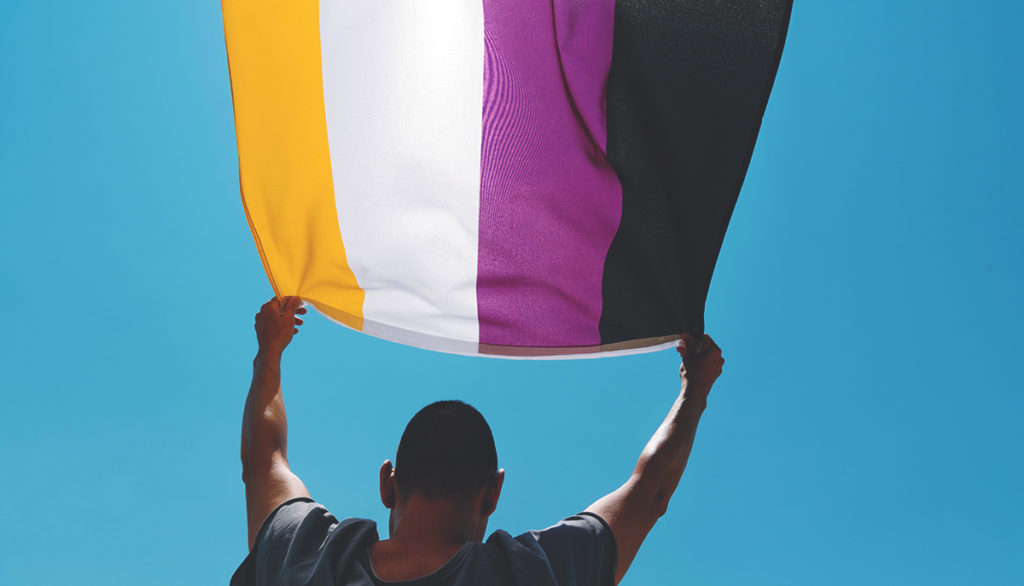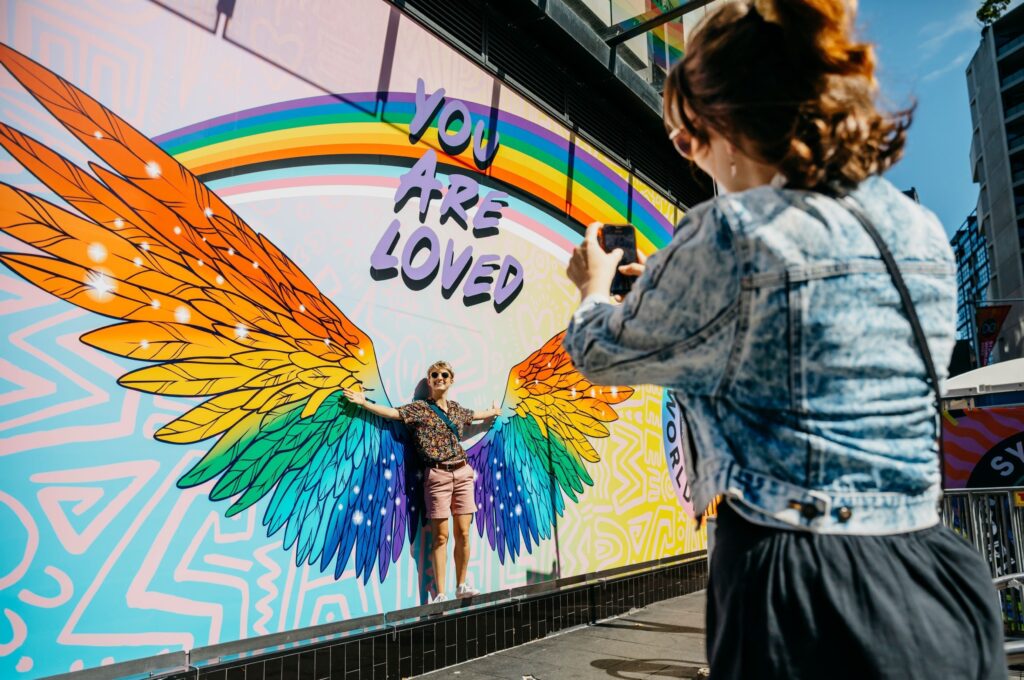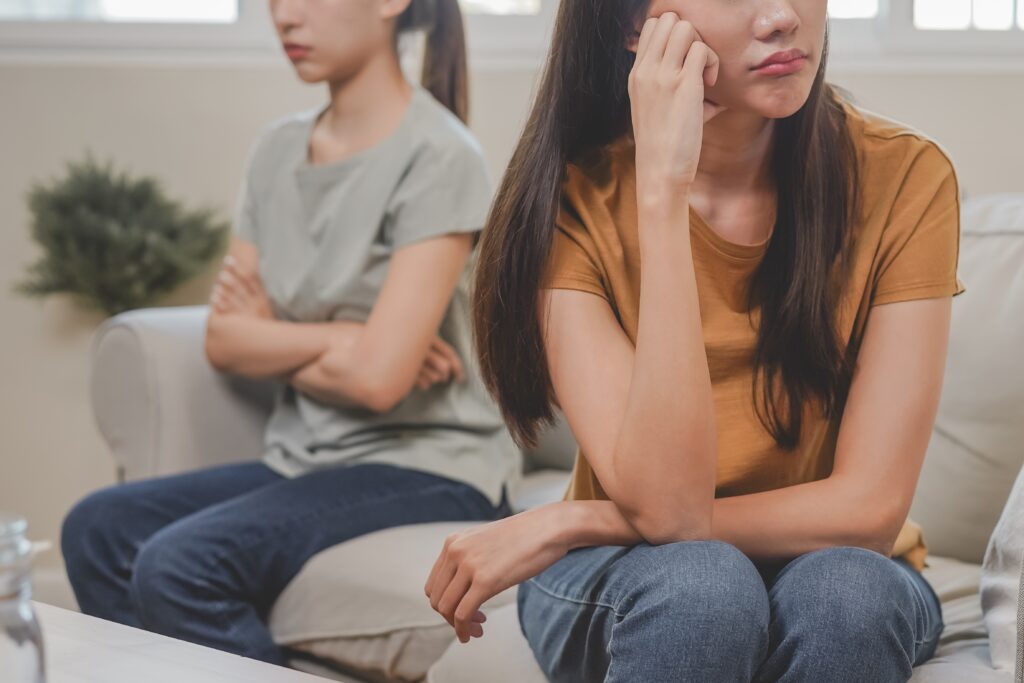The views expressed in this article are those of the author. While we at Insider Guides are eager to incite discussion about topics relevant to the international student community in Australia, we ask that you keep any responses or comments respectful in nature. Any responses or comments that go against our code of conduct will be removed.
As we approach International Pronouns Day (19 October 2022), it’s a reminder that acknowledging someone using their correct pronouns is a sign of basic humanity and respect. By using the correct pronouns, you’ll not only expand your understanding of gender identity but you’ll become a better ally to gender non-binary/gender non-conforming folks.
What are pronouns?
While most of us grew up with basic she/her or he/him pronouns, gender identity stretches beyond those basic pronouns. Some of the commonly used pronouns include he/him, she/her, they/them, she/they, he/they, as well as neo (new) pronouns such as ze/zir.
As someone who comes from a South Asian background, I never grew up with an awareness of these varying gender identities; I grew up with the education of only two pronouns. When I look back at my early school days, I remember spending hours working on worksheets that required me to write down whether a person or an object was masculine or feminine. Additionally, because I identify as cis-gender (i.e. I identify as the gender I was assigned at birth), it took me some time to wrap my head around the fact that some people do not identify with the sex they were assigned at birth.
Since many of us were raised with these non-inclusive education systems, the use of alternative pronouns has led to many different reactions. Sadly, some people reject the idea of gender non-conformity and refuse to observe people’s pronouns. Others feel confused about different pronouns and unsure of how to adopt them. Others are fully accepting of all gender identities but worry about making mistakes in using other people’s pronouns.
No matter where you fall on the spectrum, this is what you need to know about respecting people’s pronouns and being an ally.
Why respecting pronouns isn’t just a courtesy – it’s a necessity
I first encountered the idea of pronouns when I moved to Melbourne. At first, I didn’t think much of them; I was under the impression that they wouldn’t apply to me since I used she/her. However, I soon learned that the use of pronouns is incredibly important as it empowers people of all gender identities, particularly trans, gender-queer and non-binary people who have been marginalised by our society’s lack of acceptance.
Nayonika Bhattacharya (they/she), an international arts and law student at the University of New South Wales (UNSW), reflected on their upbringing and how it influenced their perception of pronouns.
“My journey with pronouns started when I moved to Australia. I was very new to the concept of pronouns. Growing up where I did [in India], society was quite homophobic and transphobic,” they share. “There are communities still that focus on eliminating and eradicating people’s identities. In South Asian culture in general, the idea that every female is supposed to be feminine and a man should be masculine is very problematic.”
While Nayonika says they are “not fussy about my boundaries with pronouns,” they explain that it’s vital for people to address others by the pronouns of their choosing: “It is important that we address people by their correct pronouns. It gives people the psychological, social and emotional support [they deserve] and helps them feel validated about their identity.”
Ashwin Chhaperia (they/them), a former international student who studied in Melbourne, shared the same sentiment about addressing people by their correct pronouns.
“Not using the correct pronouns has been shown to increase gender dysphoria, which leads to increased stress and anxiety in LGBTQIA+ folks,” says Ashwin. “There have also been reports of LGBTQIA+ teens and adolescents taking drastic steps because they weren’t respected by their close ones.”
Read more:
Allyship: It’s about effort, not perfection
For as long as I can remember, the LGBTQIA+ community – which consists largely of non-binary/gender non-conforming folks – has been marginalised and victimised by discrimination. It’s time for this to change; it’s time that we not only provide visibility to these individuals but that we actively work towards inclusion.
There are small steps you can take to show your support for diversity and help make our society inclusive. Some of these could include using your pronouns in email signatures and social media biographies. From there, maybe start mentioning your pronouns when introducing yourself to someone new.
According to both Nayonika and Ashwin, it’s crucial to never assume someone’s pronouns. As Nayonika points out, you can’t “equate appearances with pronouns.” In other words, just because you might think you know what someone’s pronouns are just by looking at them, doesn’t mean you actually do.
Nayonika and Ashwin also share the invaluable insight that pronouns can always change. So, remember to not judge anybody if their pronouns are different since the last time you saw them.
“Pronouns are not permanent, it doesn’t invalidate your story if your pronouns change,” says Nayonika.
Ashwin adds: “Gender is fluid, so you shouldn’t assume someone’s pronouns if it’s been some time since you last met them – it is possible for their pronouns to have changed.”
The most important thing to remember is that there is no single “right” way to show allyship. What matters most is that we make a conscious effort to learn and grow. As pronouns continue to evolve, we will witness the birth of a new inclusive society. As we move toward that and away from the restrictive concepts we were raised with, we must understand that it is okay to make mistakes. As long as we are constantly reflecting, acknowledging our own biases and trying our best to be inclusive, our future will be even brighter than we could ever imagine.





